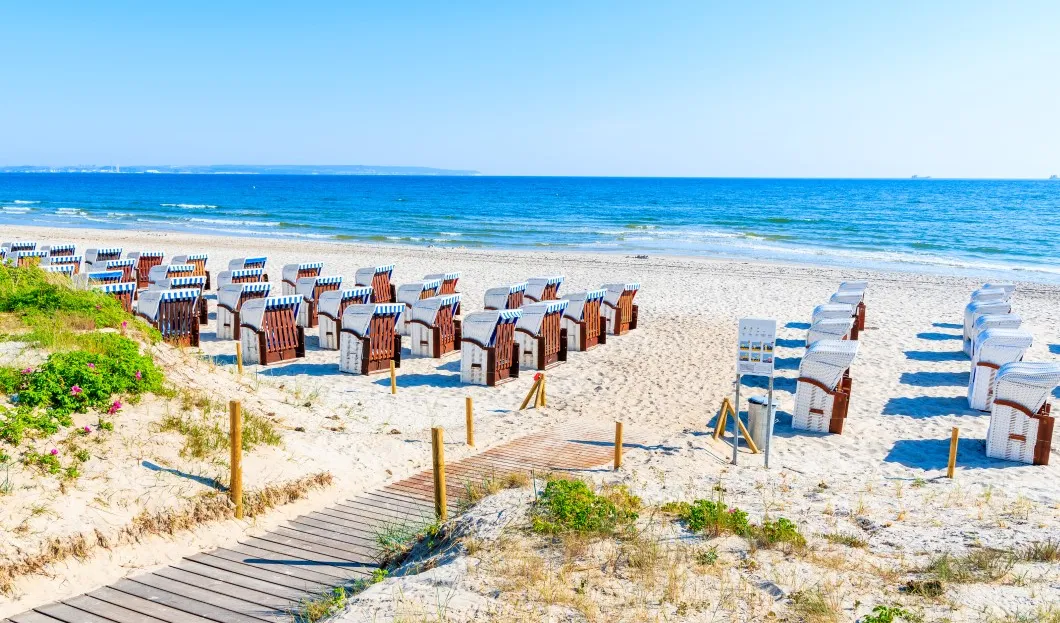
The German government wants to make business easier for German hoteliers and travel companies and to promote domestic tourism more. However, the methods so far are not particularly tailored to the industry.
The Federal Government wants to strengthen the competitiveness of the tourism industry in Germany and to take more care of the small and medium-sized companies. The Federal Ministry of Economics and Technology presented key points for a “National Tourism Strategy” recently, which was already announced in the coalition agreement.
Parliamentary State Secretary of the Ministry of Economic Affairs, Thomas Bareiß, told the German press: “With the tourism strategy, the Federal Government will present a holistic economic concept for the domestic tourism sector for the first time.” He called the tourism industry an economic heavyweight and referred to nearly three million jobs and a gross added value of more than 100 billion euros.
Concrete measures are not yet included in the key points. They should now be developed in cooperation with the federal states. Bareiß announced consultations with all relevant stakeholders in the industry, the federal government, and states.
The tourism industry needs less bureaucratic burdens and fair tax conditions according to experts. The attractiveness of rural areas as holiday destinations should be increased in order to distribute tourist flows well and relieve the tourist hotspots. “This includes finally a faster mobile network expansion and better transport links,” Bareiß said.
As digitalization progresses, the key points are that companies must be able to keep up with the demands of digital distribution channels. “The sustainability of the German tourism industry will also be reflected in the extent to which it masters the challenges that this structural change brings with it in face of fiercer and more global competition.”
In particular, small and medium-sized enterprises would have to compete in an environment of global digital players and therefore need “fair competitive conditions”. Above all, the increasing power of large international booking platforms is causing problems to the industry. The concern is that value creation is increasingly migrating abroad.
ADAC, an automobile club in the country, welcomes the government’s plans. “This support must now be translated into concrete measures in a timely manner. The focus must be on solving the mobility and infrastructure issues,” said ADAC Tourism Vice President Kurt Heinen. In addition, domestic tourism policy must be better coordinated. The allocation of responsibility for several ministries costs a lot of time. “We have to get faster,” Heinen added.

For some time, there have been talks about the reformation of the industry. The president of the Federal Association of the German Tourism Industry, Michael Frenzel, had demanded “fair competition conditions” last November. Traditional companies would often still have stricter requirements than digital competitors.
Frenzel also demanded more flexibility in terms of bureaucracy and working time laws. According to him, the rigid daily maximum working time in the current law is not up to date.










